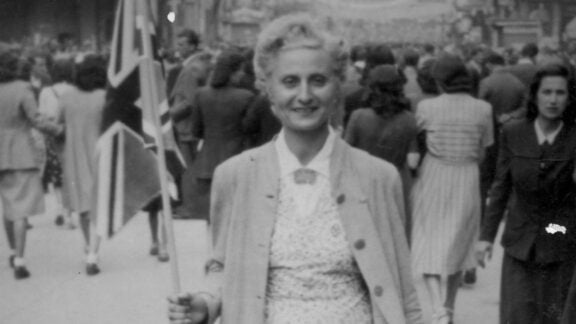The chicken was most likely domesticated for its eggs from a jungle fowl native to sub-tropical South East Asia and India about 7500 BC, and chickens were brought to Sumer and Egypt around 1500 BC.
In Greece it is estimated they arrived around 800 BC where until then the quail had been the primary egg. It is known, though, that other eggs were used for food in the ancient world. There are tomb wall drawings (1420 BC) in Thebes, Egypt, depicting a man carrying large eggs thought to have been ostrich or pelican eggs. The Romans crushed the shells in their plates to prevent evil spirits from hiding there.
The journey to write a short article on eggs and include some recipes has not been an easy one as the story of the farming of eggs in modern times is filled with much controversy as to what constitutes a ‘free-range egg’.
What we know in Australia today as ‘caged eggs’ are called ‘battery eggs’ in America and that is where we start the story of caged eggs.
Milton Arndt called the method he came up with in his farming of eggs ‘battery brooding’, and he writes about it in his 1931 book by that name. It became the dominant method to cultivate chicken eggs.
After a twelve year phase out the European Union has banned caged eggs as of 2012. Switzerland had banned caged eggs since 1991. In America, California is slowly leading the way towards free-range eggs but in Australia it seems that we are still struggling.
A written commitment from 2010 to review the issues of caged eggs has been scrapped in 2014.
I found a lot of information on the topic of the cultivation of chicken eggs for human consumption. Some facts are extremely disturbing and I ask all my readers to be aware of the eggs they buy.
Eggs are considered a super food – they are loaded with nutrients in a modern diet. Don’t forget that one egg contains enough nutrients to turn one single cell into a baby chicken.
One large boiled egg contains vitamin A, folate, vitamin B5, vitamin B12, vitamin B2, phosphorus, selenium; and also decent amounts of vitamin D, vitamin E, vitamin K, vitamin B6, calcium and zinc. It has 77 calories, 6 grams of protein and 5 grams of healthy fats and other trace elements important to health. This goes to show that eggs are a perfect food.
Eggs are high in cholesterol but do not necessarily raise the cholesterol in the blood. The liver does this naturally – when we eat foods with cholesterol the liver produces less.
There are other health reasons where one may not be able to eat more than one egg a day and that is up to your doctor and yourself to work out.
I have started with an avgolemono recipe, which is the first thing that came to mind when talking about Greek food and eggs.








